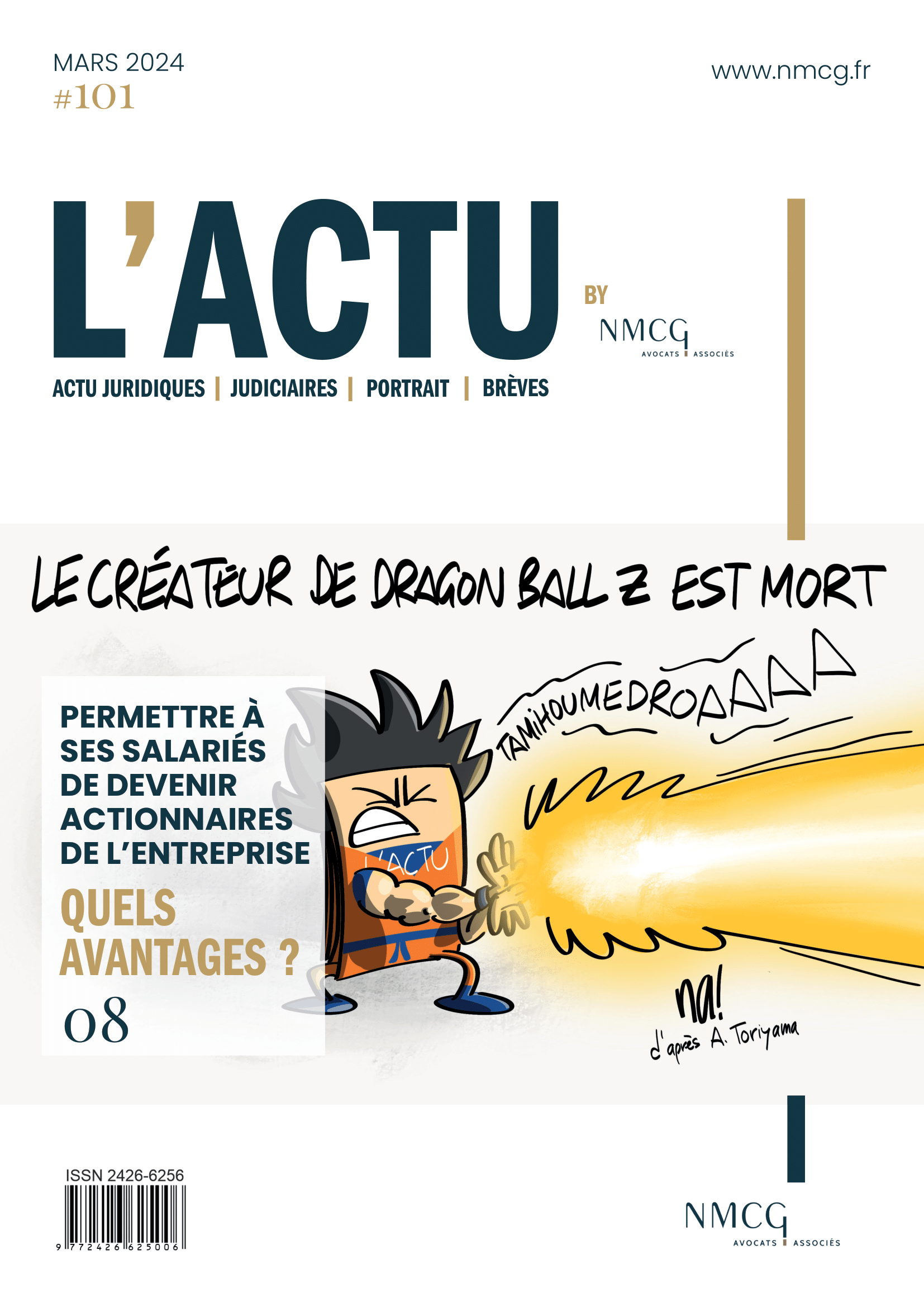Only bad faith allows an employee to be dismissed […]
31 March 2023
Cass. Soc. February 15, 2023, n°21-20811
The insulting nature of a denunciation of moral harassment does not constitute a fault and cannot characterize a reason for dismissal.
In this case, a senior manager had sent a confidential email to the General Manager, his direct n+1, in which he pointed out the behavior of the Chief Financial Officer (CFO), about which some members of the head office had complained.
The terms of this letter were direct, and for some insulting, even defamatory: the CFO was presented as “pedantic,” “obnoxious,” or even “harmful,” “incapable of answering a simple question, even when it comes to finance. It was specified that he was “hated and dangerous: hated because he is hateful and dangerous because he is incompetent”.
This freedom of tone was reproached, to the point of being the subject of a dismissal procedure for serious misconduct, motivated by the use of abusive, defamatory or excessive language against a member of the management. We note in passing the risk taken by the employer who targets, in his notification letter, the offences of defamation and insult, but that is not the problem.
Indeed, the employee applied to the courts to have his dismissal annulled, which is known to be a particularly severe form of compensation for the employer, arguing that his dismissal had been pronounced in a context of denunciation of acts of moral harassment.
The judges ruled in his favor.
- The protection of the employee who denounces facts that he qualifies as moral harassment
Article L 1152-1 of the French Labor Code provides that no employee may be subjected to repeated acts of moral harassment that have the purpose or effect of degrading working conditions likely to infringe on his or her rights and dignity, to alter his or her physical or mental health or to compromise his or her professional future.
It follows from this principle that the employer is prohibited from dismissing the employee for having denounced harassment, unless he runs the risk of having the dismissal annulled by a Labour Court. (Articles L1152-2 and -3 of the Labour Code)
As a reminder, when a dismissal is declared null and void, the compensatory consequences can be very significant. Thus, for example, when no reinstatement is requested, the “Macron” scale is disregarded, so that there is no legal ceiling to the prud’homale sentences, which can therefore be very high, if the circumstances justify it.
- In such a case, the loophole in this protection is strictly limited to the hypothesis of bad faith
Naturally, this solid protection has a limit, of common sense: bad faith (Cass. Soc., June 10, 2015, n°13-25554, P -BC). However, the definition of bad faith is very precise: it is characterized when it is established that the employee had knowledge of the falsity of the facts denounced.
This bad faith could therefore not be characterized by the violence of the denunciations, or their injurious character (when they contain or reveal a value judgment).
Therefore, the employee’s message had to be considered as an alert to his superior, the purpose of which was to reveal the situation to him, and therefore to allow him to take all appropriate measures.
The dismissal was therefore null and void, regardless of the terms used by the employee in his denunciation.
It should be noted, however, that outside of this hypothesis, an employee’s abuse of freedom of expression, resulting from insulting, defamatory or excessive comments, may justify, depending on the circumstances, a dismissal for serious misconduct (Cass. Soc. October 7, 1997, n°93-41747, P -BC).
Given the importance of the legal and compensation consequences, it is crucial to distinguish between these two configurations.
And in any case, to avoid, in one way or another, dismissing an employee for his or her statements, as freedom of expression is now constantly being brandished and seized upon by the labour courts in order to cancel the dismissal.






























